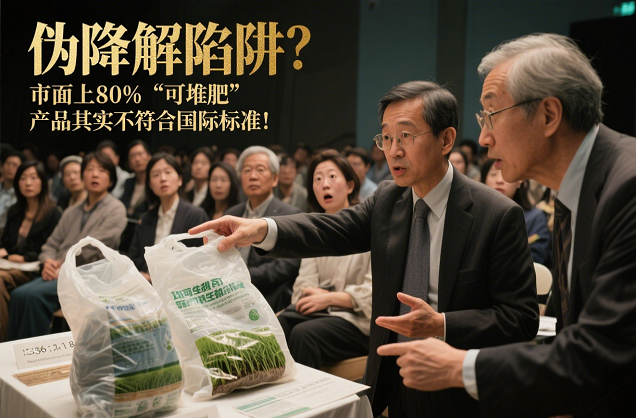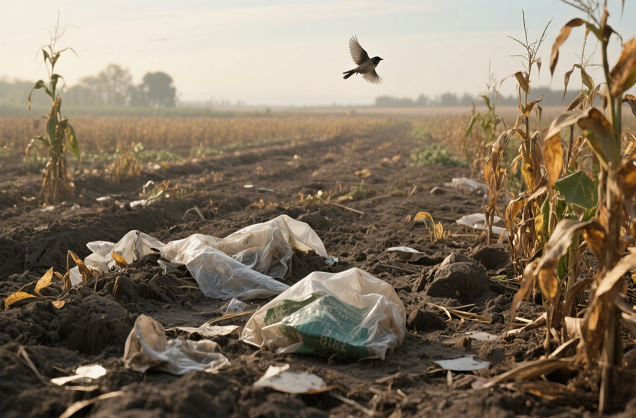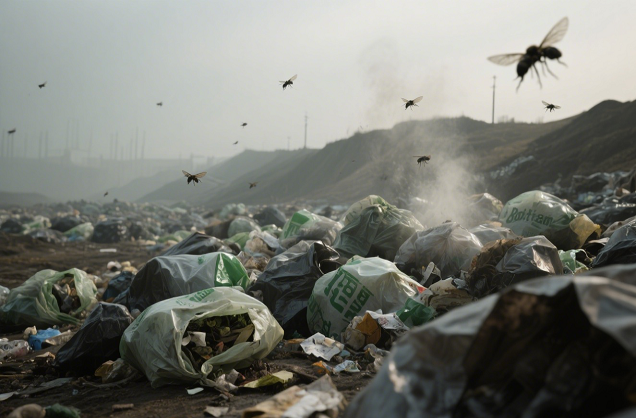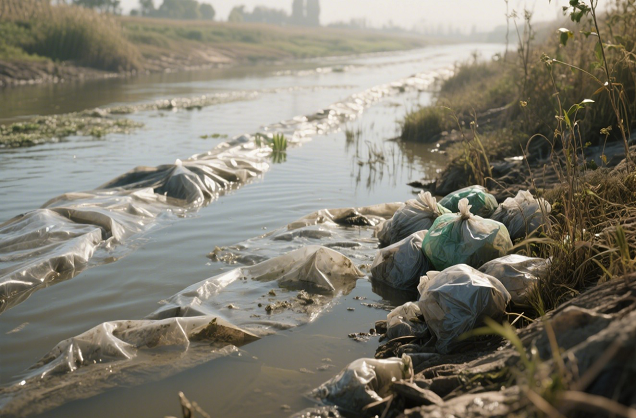Pseudo-degradation trap: 80% of ‘compostable’ products on the market do not actually meet international standards!
Shocker! The "eco-friendly" products you buy may be polluting the planet
2024 A new study shows that up to 80% of products on the global market that are labeled "compostable" do not meet international composting standards. Not only do these so-called eco-friendly products fail to break down in the natural environment, but they may also cause more microplastic pollution than traditional plastics.

Chapter 1: Shocking Industry Chaos
1.1 Worrying Laboratory Test Data
The Biodegradable Products Institute (BPI), an international environmental organization, tested 112 products labeled "compostable" on the market and found that:
- Only 19% of the products degraded completely within 180 days (according to ASTM D6400).
- 43% of the products require special industrial composting conditions (home composting is not biodegradable)
- 38% of the products contain non-degradable plastic components
1.2 Three major hazards of pseudo-degradable products
Pollution of the composting system: non-degradable residues contaminate organic fertilizers
Generation of micro-plastics: some of the degradation products are smaller than 5mm in size, which makes it easier to enter the food chain
Misleading the consumers: the public loses trust in truly environmentally friendly products
Chapter 2: 5 Key Indicators for Identifying Pseudo-Degradable Products
2.1 Certification Marks that Must be Recognized
Certification Bodies Logo Characteristics Scope of Application
BPI Certified Green Seedling Icon North American Markets
OK Compost Double Helix Arrowheads EU Standards
AS 5810 Kangaroo Marks Australia
2.2 Ingredient Decoding: these are the materials to be wary of
Pseudo-Environmentally Friendly Materials:
- "oxo-degradable plastics" (with PE + additives)
- Partial PLA blend (not certified for composting)
True eco-friendly materials:
- PBAT+PLA composite (certified to EN13432)
- Pure plant starch-based materials (e.g. BioPBS)

Chapter 3: 6 Marketing Talk Traps Exposed by Industry Experts
3.1 "100% Biodegradable" ≠ Compostable
- Biodegradation may take years
- Composting requires more than 90% decomposition within 180 days.
3.2 The Truth Behind "Marine Degradation
- There is no internationally recognized standard for marine degradation
- There is a huge difference between the testing conditions and the actual marine environment
3.3 Laboratory Data ≠ Realistic Performance
A brand of coffee capsules has a 98% degradation rate in the laboratory, but the actual composting site test shows:
- Industrial composting: 85% decomposition
- Home composting: only 32% decomposed

Chapter 4: Consumer Action Guide
4.1 Three Questions to Ask Before Buying
Is there a third-party certification number?
Is it suitable for industrial or home composting?
Are the main ingredients clearly labeled?
4.2 Tips for home testing
Place product pieces in a transparent jar:
Add active composting soil
Maintain 60% humidity
Observe decomposition weekly
Genuine Eco-Materials will show obvious signs of degradation within 4 weeks
4.3 Recommended 5 reliable brands (2024 real test)
Eco-Products (BPI+OK dual certification)
BioBag (for home composting)
TIPA (flexible packaging experts)
Vegware (food-grade standards)
World Centric (best cost-effectiveness)

 For PLA/PBAT biodegradable mat
For PLA/PBAT biodegradable mat
 Price war! PBAT raw material p
Price war! PBAT raw material p
 PBAT degradation speed increas
PBAT degradation speed increas
 From Policy to Practice: Impli
From Policy to Practice: Impli
CONTACT
Add: Room 4006, No.1 Helong Yiheng Road, Baiyun District, Guangzhou City
Tel: +8613450255948
Wechat : +86-13450255948
Fax: +86-13450255948
E-mail: 13450255948@163.com








